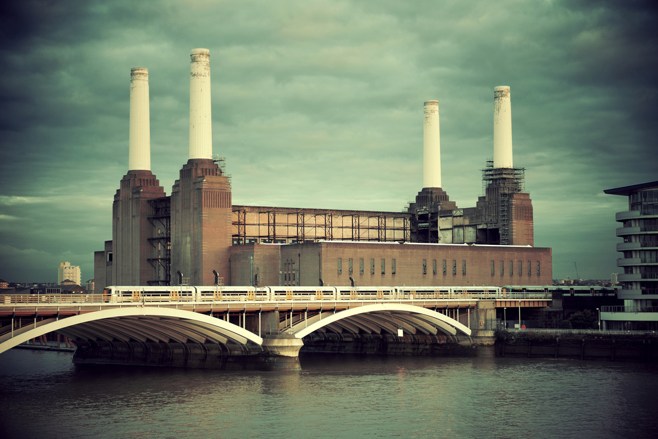Commercial properties are coming to town!
Nov 24 2016
Darren Best
This is a relief, as Brexit sparked fear into people who felt it could hinder the opening of new businesses in the capital. Although it’s still early days, many businesses have reported no undesirable impacts for business, and some have benefitted from it (including M&C Saatchi, Dunelm, Barratt).
Google is opening a new office alongside its current HQ in Central London. The move is set to create 1,500 new jobs. Facebook’s has also announced its plans to new offices, which will open in 2017 and set to create another 500 jobs. To top it off, Apple’s moving its 8 separate offices into its new headquarters at the revamped, Grade II Battersea power plant site. The move will create an ‘Apple campus’ of 1,400 employees. All of these companies will be hiring for highly-skilled technological positions.
The majority of the new construction will be in the City of London, with development in the West End and Docklands, which includes Canary Wharf.

Credit: Shutterstock/ Songquan Den
The field of technology is one of the fastest growing industries in the UK, which includes software engineering, computer programming and web development, among an abundance of other jobs in demand.
Other hot sectors are architecture, environmental consulting, sharing economy, telesales, management consulting and brewing and distilling, as found by CityAM. 42% of new companies will be rented by financial companies, followed by Technology, media and telecommunications (TMT), corporate and legal (Deloitte).
However, the most recent Crane survey by Deloitte has found a slowing in construction momentum, with just 40 new projects starting, compared to 51 this time last year, with just 41% of the constructed offices being let out. Consequently, developers are concerned over future offices being left vacant due to low office demand. This could be due to economic uncertainty following Brexit.
Employment statistics in the UK

Credit: Shutterstock/ Andrey Popov
New offices mean new jobs. Unemployment is something that was on many people’s mind when voting whether to leave the EU referendum. Nobody wants a repeat of the financial crash of 2008, when many across Europe lost their jobs, and the alarming affects rippled through Europe and took a long time for the economy to recover.
Employment in the UK is at a low of just 4.8% (4.7% female, 4.9% men), with 74.5% currently in employment. In July unemployment rates in the UK fell to a record 11-year low. Between July and September, those in employment continued to increased and the number of those unemployed decreased and this is remaining steady.
In the private sector, there were 26.44 million employed in June 2016, that’s 579,000 more than for a year earlier. Among the public sector employment in June hit an all-time high since records began in 1999.
The future is looking bright for business in the UK, and remains a world leader for business. With the expansion of 3 major technology companies, the UK also remains a world leader in technology. Despite fears from Brexit, it seems big businesses are not put off the UK, and commercial property construction is still high in the capital.
Feature image credit: YuttannaContributorStudio/Shutterstock